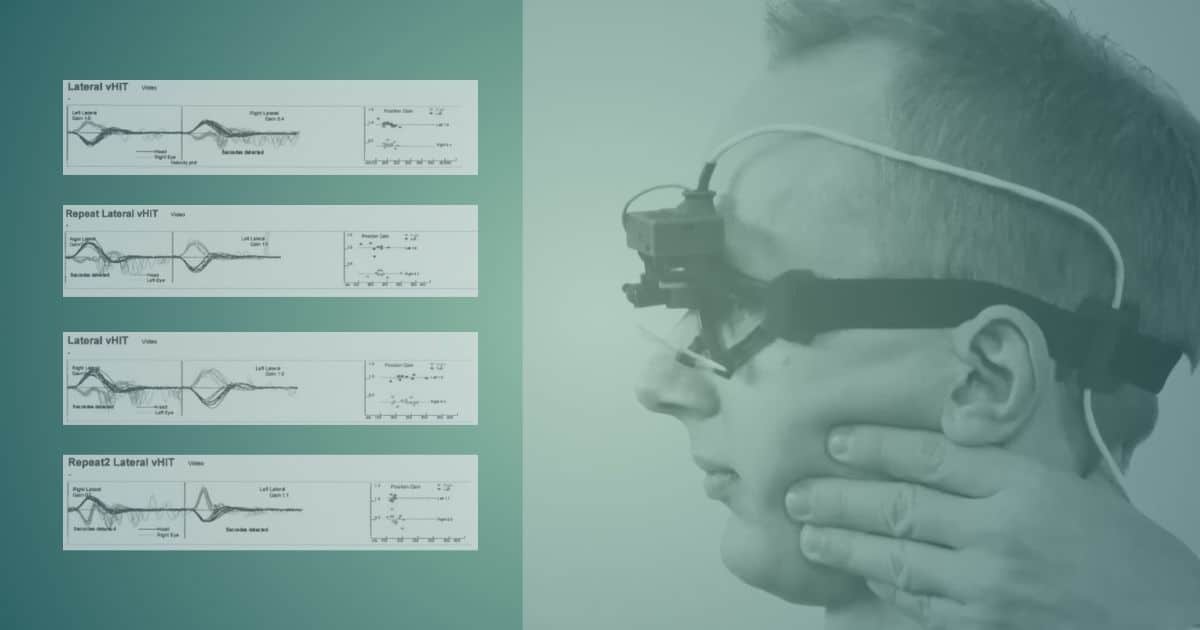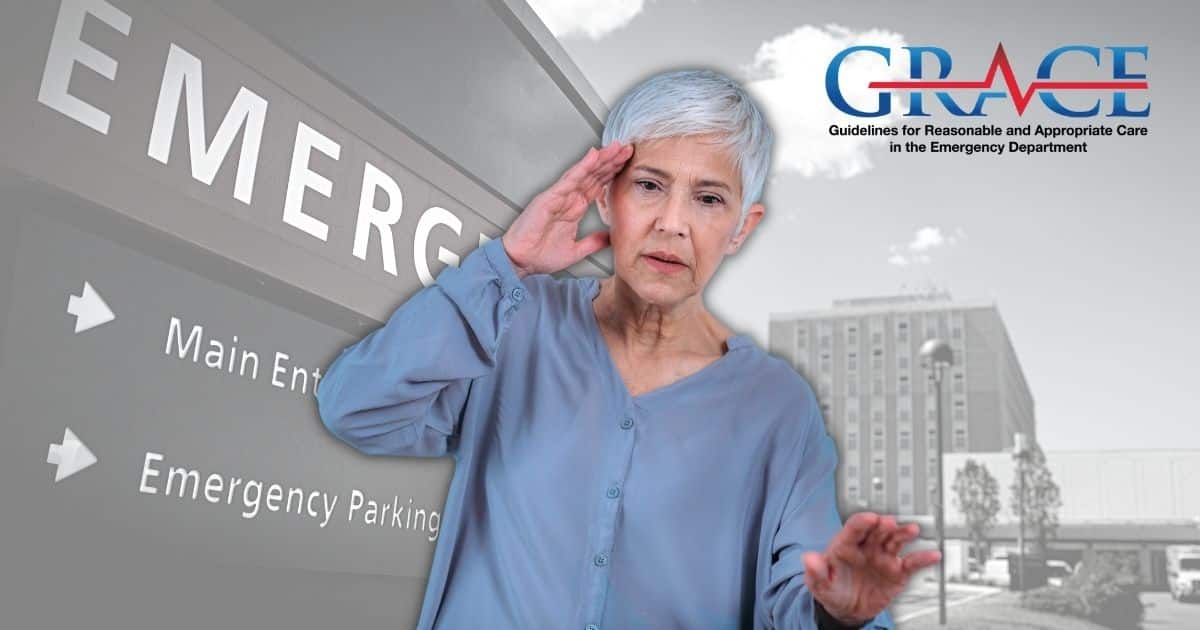Jan. 19, 2025
Vestibular Neuritis
Symptomatically, Vestibular Neuritis (VN) typically presents as sudden onset spontaneous acute vertigo, often associated with nausea and vomiting. The vertigo typically lasts for a minimum of several hours to sometimes days. While the intensity of the symptoms can be exacerbated by movement, they are not resolved by lying or sitting still in the first 24 hours, which differentiates VN from












